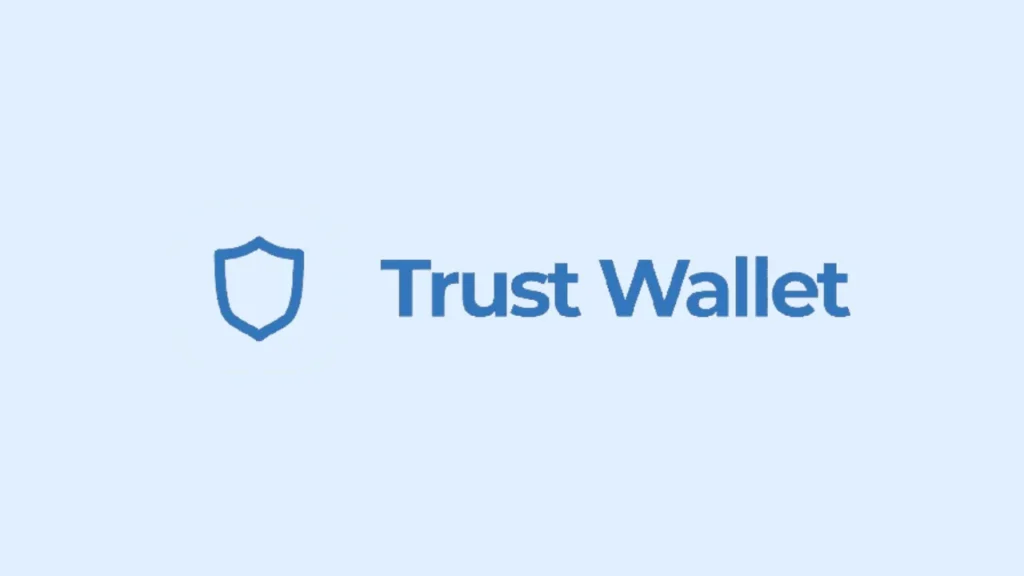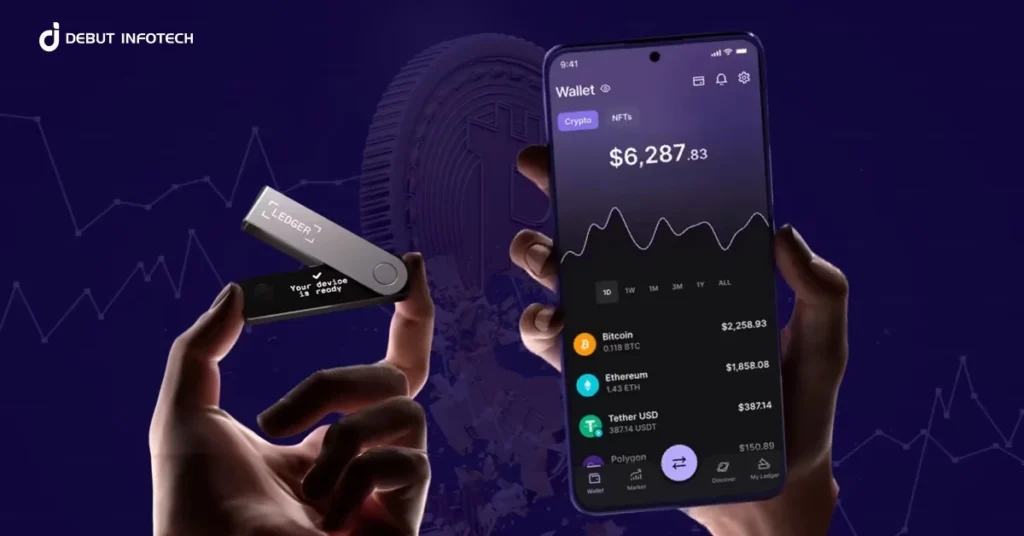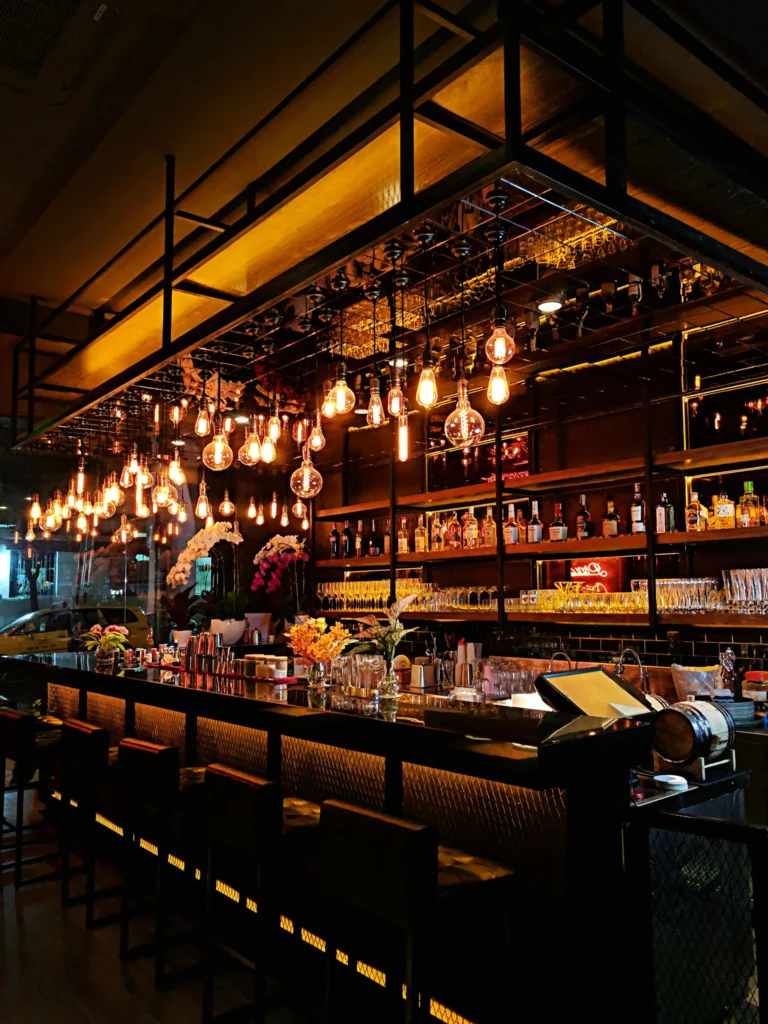How to Pay with Crypto in Thailand (BTC & USDT Edition – 2025)
Crypto might still feel futuristic in some parts of the world—but in Thailand? It’s already showing up in surprising ways. Whether you’re in Bangkok sipping iced lattes or island-hopping around Phuket, you can, in some cases, use your crypto wallet to actually pay for things like food, rentals, and even massages.
That said, using crypto here isn’t as simple as tapping a card. You’ll need to do a bit of prep and know where to look. This how-to guide walks you through the real-world process of spending crypto in Thailand in 2025—without the fluff.
Step 1: Know Where Crypto Use Is Happening
Thailand isn’t a crypto free-for-all, but certain areas are definitely warming up to digital payments.
In Bangkok, you’ll find crypto accepted mostly in pockets—trendy cafés, co-working spaces, and boutique wellness businesses in areas like Sukhumvit and Silom. These are usually run by people who are already familiar with blockchain or cater to digital nomads and expats.
Phuket, meanwhile, is more laid-back but surprisingly flexible. Beachfront bars, scooter rental shops, and private villa hosts (especially those using platforms like Telegram or direct booking) are often open to crypto payments—usually stablecoins like USDT.

Step 2: Where can I use crypto in Thailand? Get Your Wallet Ready for Real-Life Use
Before trying to spend anything, make sure you’ve got a mobile wallet set up and topped off. Apps like MetaMask, Trust Wallet, or even Binance Wallet are commonly used. Make sure you have a network that works locally—TRC20 USDT is a common preference due to low fees, but always double-check with the vendor.
Pro tip: Don’t walk around with your entire portfolio in one app. Set up a travel wallet with just enough to cover daily expenses. It’s safer and simpler.

Step 3: Ask the Right Way (Most Vendors Don’t Advertise Crypto Use)
You won’t see neon signs that say “Crypto Accepted Here.” In fact, many vendors who accept digital currencies only do so quietly or on request. That’s because the legal environment is still catching up.
The best approach? Just ask:
“Do you accept USDT or Bitcoin?”
It helps to show your wallet app and explain that you’d like to pay digitally. In many cases, especially with smaller independent businesses, the answer will be yes—or at least “let me check.”
Also, keep an eye on online communities. Telegram groups for Bangkok or Phuket expats, Reddit threads, and nomad Discords often have the freshest info on crypto-accepting places.

Credit from : Debut Infotech
Step 4: Understand the Legal & Practical Landscape
Crypto trading is fully legal in Thailand, with local exchanges like Bitkub and Binance TH licensed and regulated. However, spending crypto as a form of payment still operates in a legal gray zone.
Many businesses get around this by converting your crypto to baht through a third-party app immediately after receiving it. Others just pocket it informally. Either way, you’re not doing anything illegal as a tourist—but it helps to understand that not all vendors will be comfortable or familiar with the process.
Step 5: Stick to Realistic Use Cases
Here’s where crypto can realistically work in Thailand, based on what’s actually happening in 2025:
- Booking a villa or small hotel (especially if you’re dealing directly with the owner)
- Paying for wellness services like massages or yoga sessions
- Renting scooters or booking local tours
- Grabbing food or drinks in independently owned restaurants and bars
You’re unlikely to pay for groceries, transit, or chain stores with crypto. So don’t ditch your Thai baht entirely—crypto’s more of a bonus option than a full-on replacement.

Step 6: Avoid Common Mistakes When Paying in Crypto
Once a transaction is sent, it’s final—so always double-check:
- The wallet address
- The network type (e.g. TRC20 vs ERC20)
- The amount in baht you’re expected to send
Also, be aware of gas fees. Some vendors expect you to cover them, while others will give you a flat baht rate that includes it.
And if something doesn’t feel right—don’t send. Most vendors will offer an alternative payment method if needed.
Wrap-Up: Can You Actually Use Crypto in Thailand in 2025?
Yes, you can—but it takes a bit of local knowledge and the right setup. Bangkok and Phuket lead the charge, especially in communities where tech-savvy travelers gather. BTC works for larger buys, but USDT is the real MVP for everyday crypto spending thanks to its price stability and fast transfers.

So while you won’t be buying BTS tickets or 7-Eleven snacks with Bitcoin just yet, you can use crypto to enrich your travel experience in ways that weren’t possible just a few years ago. Just plan ahead, stay flexible, and always confirm before you tap that “send” button.




